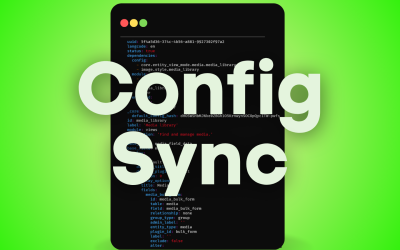You can currently read a great article about Acquia and Drupal on the Boston Globe site (thanks to Eileen for sending it to me!). Acquia is located in Andover, MA, and the article is all about how Drupal specifically, and open source software more generally, is becoming more and more accepted as reliable and cost-effective in the business world. Citing such sites as The Onion, Recovery.gov, NASA and Sony Music, the author proves the point that Drupal is becoming a very viable option for any organization, large or small.
Just seeing a feature article like this in the Globe proves that Drupal, with Acquia’s help, is moving into the mainstream. The article is definitely worth a read; you can see it here.


